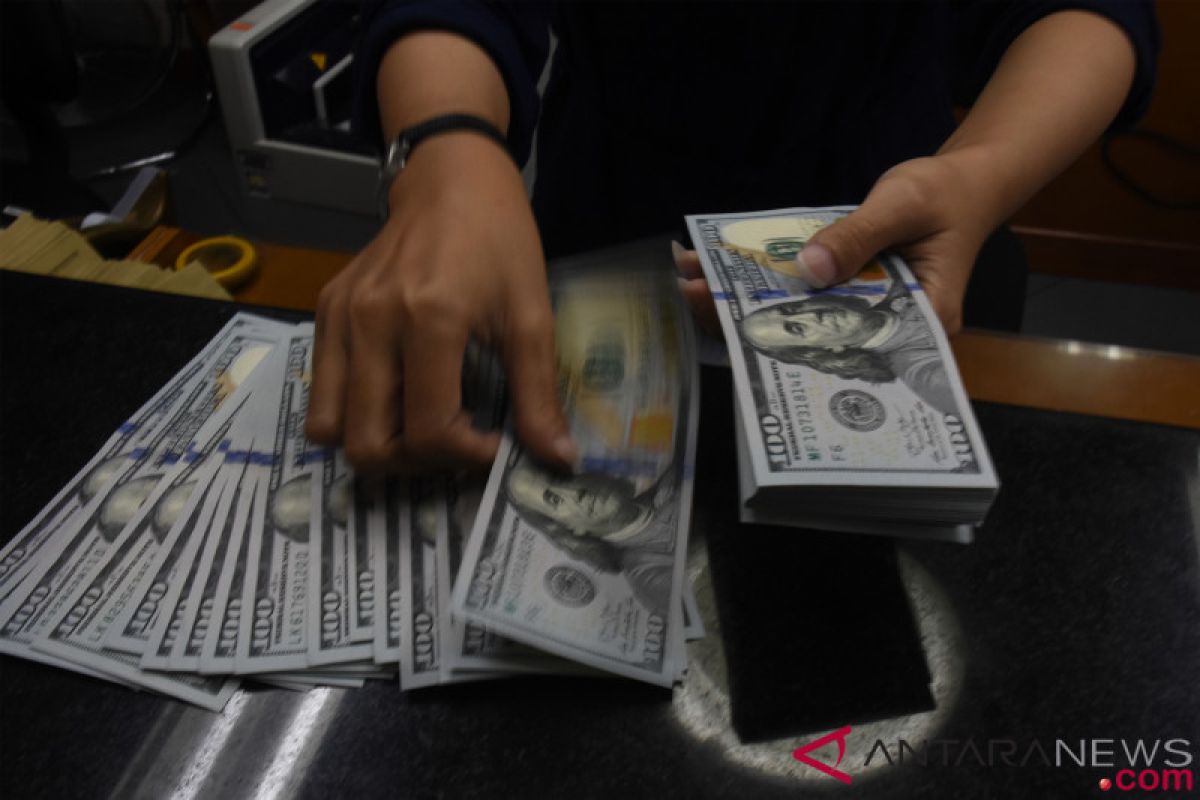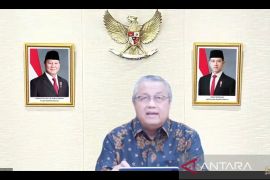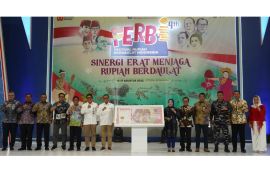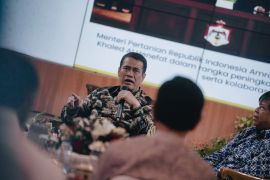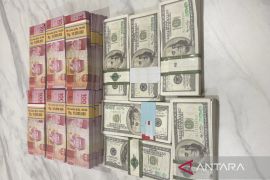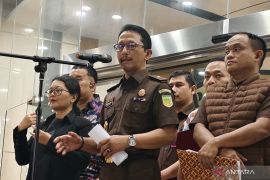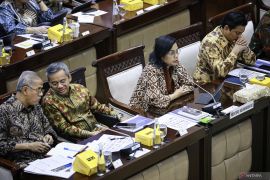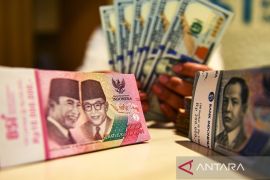Nusa Dua, Bali, (ANTARA News) - The depreciation of Indonesia`s currency exchange rupiah might be good for investment if it combines with the regulation`s consistency and efficiency, according the International Monetary Fund (IMF).
"Our advice to emerging markets, such as Indonesia, is that this kind of situation is actually good, because when a country is hit by annual shock, such as monetary crisis, it allows the exchange rate to depreciate, which can be a shock-absorbing tool," IMF`s Financial Counselor and Director of the Monetary and Capital Markets Department, Tobias Adrian, stated during a press conference in Bali on Wednesday.
Adrian explained further that such pattern is possible as Indonesia has a strong macro-prudential performance, where the economic growth is projected at 5.1 percent next year (IMF to announce it officially on Friday, Oct 12), despite its current account deficit that reached around 3 percent.
Such pattern might occur when a country hit by annual shock, such as monetary crisis, is allowing exchange rate to depreciate, which is attractive for the investors to look into Indonesian securities.
"So, in terms of current account deficit, it naturally attracts the international investors, and that is why the depreciation of rate exchange can be a shock-absorber," he noted.
More importantly, rupiah`s depreciation was not only caused by current account deficit but also by external factors, mainly oil price hike globally of around US$60 to $80 per barrel this year and Indonesia`s financial stability as a crude oil importer.
"But, of course, the government of Indonesia has been intervening in the financial market in order to make sure that the liquidation in the financial market is orderly and consistent with the IMF`s advice on how to analyze macro-prudential performance," Adrian remarked.
In general, IMF`s advice to the emerging economies in maintaining financial stability amidst risks that more materialized currently includes building buffers against external risks, pursue exchange-rate flexibility, as well as consider timely and targeted foreign-exchange interventions.
Reporter: Azizah Fitriyanti
Editor: Yosep Hariyadi
Copyright © ANTARA 2018
